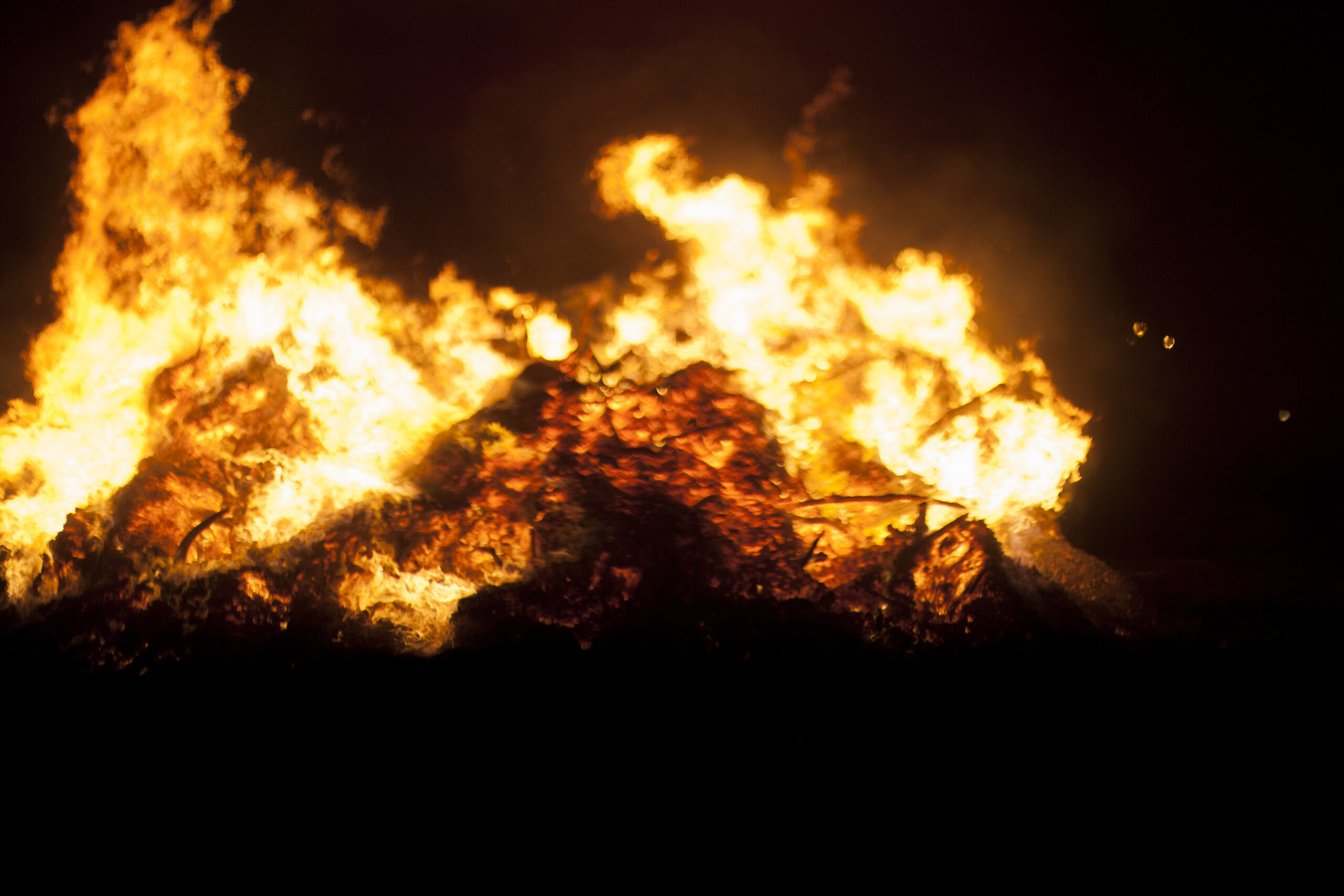
Fire, a fundamental element in the history of humanity, symbolizes a profound duality: it is both a bearer of life and destruction, purification and regeneration. Its presence in rituals and celebrations, such as the fires of San Giovanni, highlights its sacred and propitiatory role, linked to the agricultural cycle and the fertility of the earth. In many cultures, fire is seen as a medium between the divine and the human, capable of warding off evil forces and promoting prosperity.
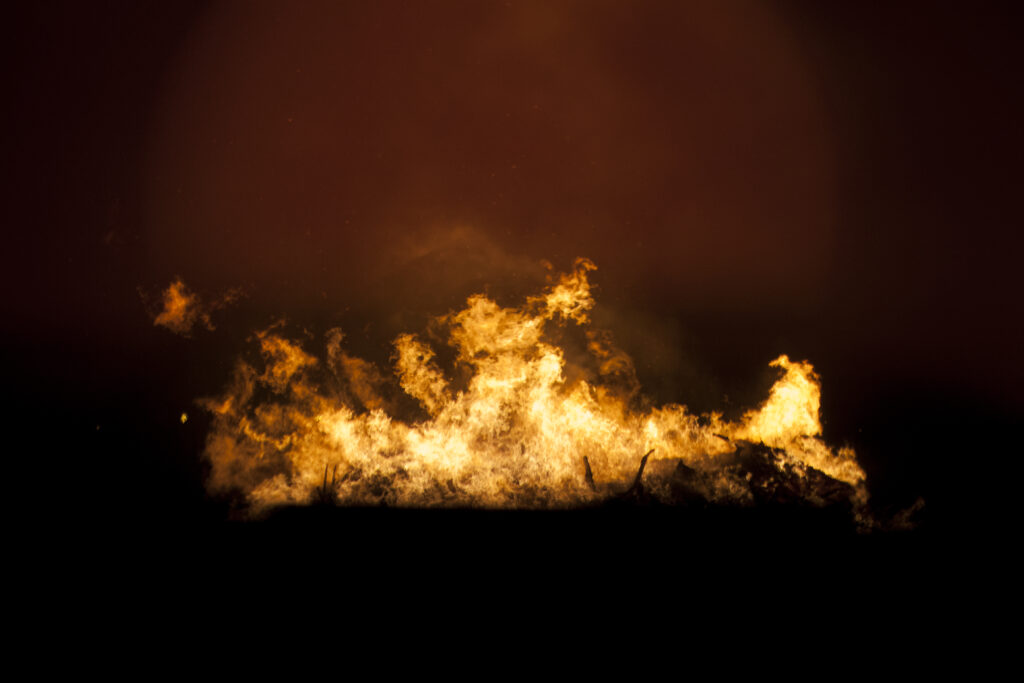
Ancient beliefs, such as those of Greece and Rome, have made fire a symbol of power and sacredness, associating it with deities who represent its various souls. The sacredness of fire is also reflected in modern religious practices, where it is a symbol of enlightenment and purification, as well as divine presence.
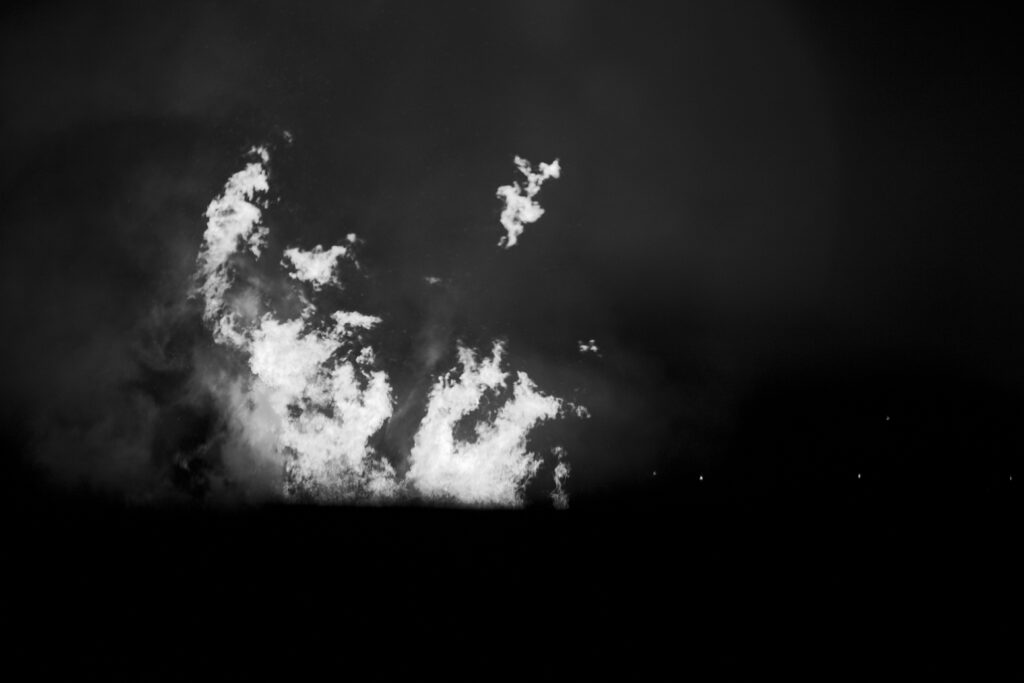
Furthermore, fire is a key element in rituals of passage, marking significant moments in the lives of individuals and communities. The tradition of lighting bonfires, especially in the South, revives ancient customs that unite people around a symbol of hope and renewal. Through fire, transformation is celebrated, the need to burn the old to make room for the new, in a perpetual cycle of life, death and rebirth.
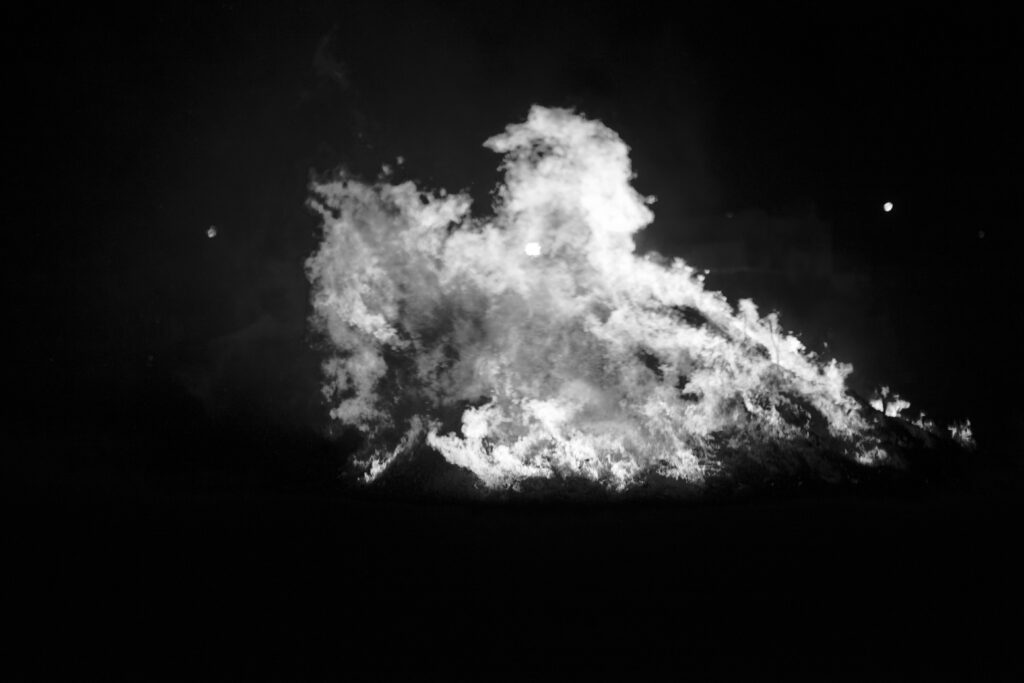
In this way, fire is not only a physical element, but a powerful symbol representing the challenges and aspirations of humanity, a call to purification and enlightenment of our lives.
In Puglia there are dozens of rites and events linked to the cult of fire:
- I fanove di Castellana Grotte
- Lu Fuecu ti Cristu Piccinnu del 24 dicembre
- “La morte te lu Paulino” a Martignano
- La notte del falò di Santa Lucia a Putignano
- I falò dell’Immacolata nel basso Salento
- Fucacoste ad Orsara di Puglia
- Fòcara di San Niceta a Melendugno
- “Sant’Antoni te le focare” di Cutrofiano
- “I fuochi di San Giuseppe Bovino” a Bovino
- “La Jo’-a-Jo’ di Santa Lucia” a Corato
- “Festa di Sant’Antonio abate” a Giovinazzo
- “Il rito della focara e delle focareddhere in onore di Sant’Antonio Abate” a Novoli, a Carmiano e a Porto Cesareo
- “Focareddhra de Sa’ Vicenzu” di Miggiano
- “Le fanoje di San Giuseppe” di Monte Sant’Angelo
- “Focareddha di Sant’Andrea” del 29 novembre a Presicce-Acquarica
- “I fuochi del Santo Patrono Sant’Antonio Abate” del 15-17 gennaio a Rocchetta Sant’Antonio
- “La notte dei fornai” di Toritto
- “Le fracchi di San Marco in lamis” di San Marco in Lamis
- “Festa de lu focu” di Zollino
- “La fanoja di San Giuseppe” di Vieste
Ancestry, writes Eliane Potiguara, is an individual “fire,” an “inner strength.” Invoking ancestry, in its most immediate sense, means recalling a genealogy, lineage, and history of continuity that is both familiar and communal. A genealogy that has survived oppression. In this sense, ancestry is a concept that, through literature, translates into an expression of the profound sense of continuity and existence.
They decided to kill us, but we decided not to die.












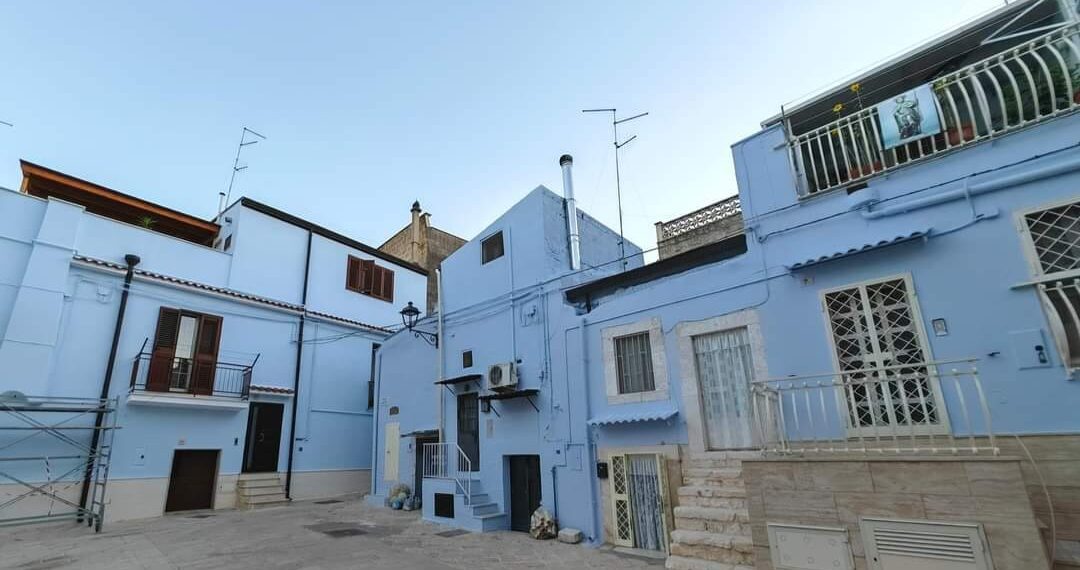
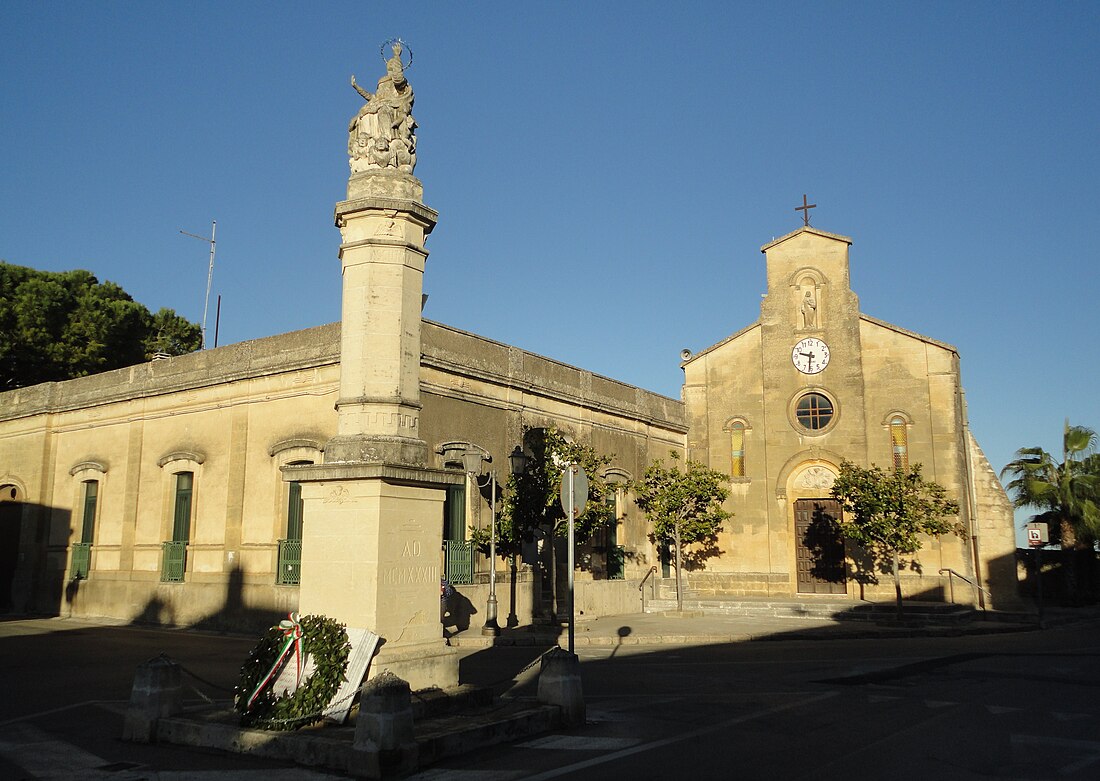
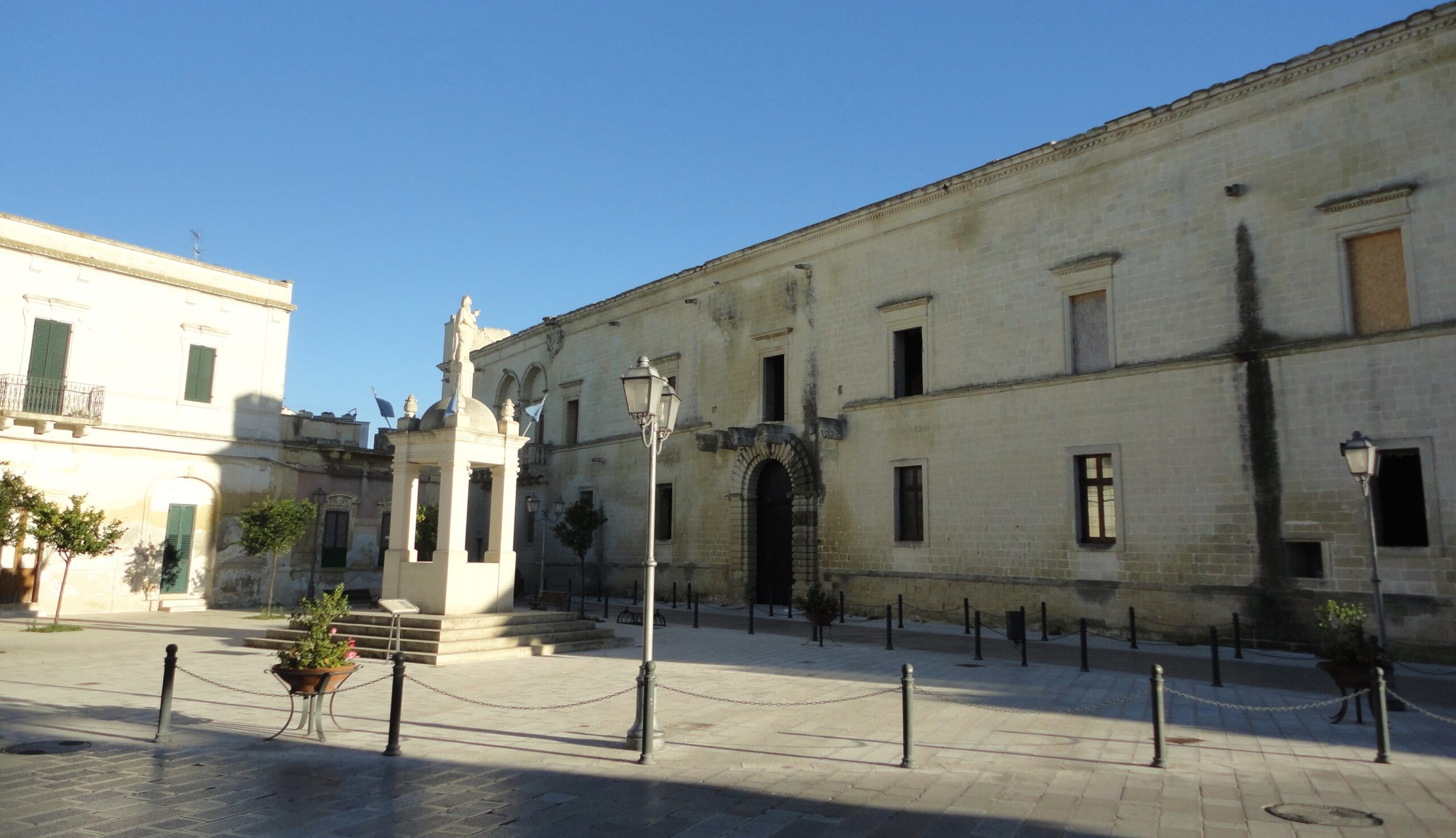




Leave a comment